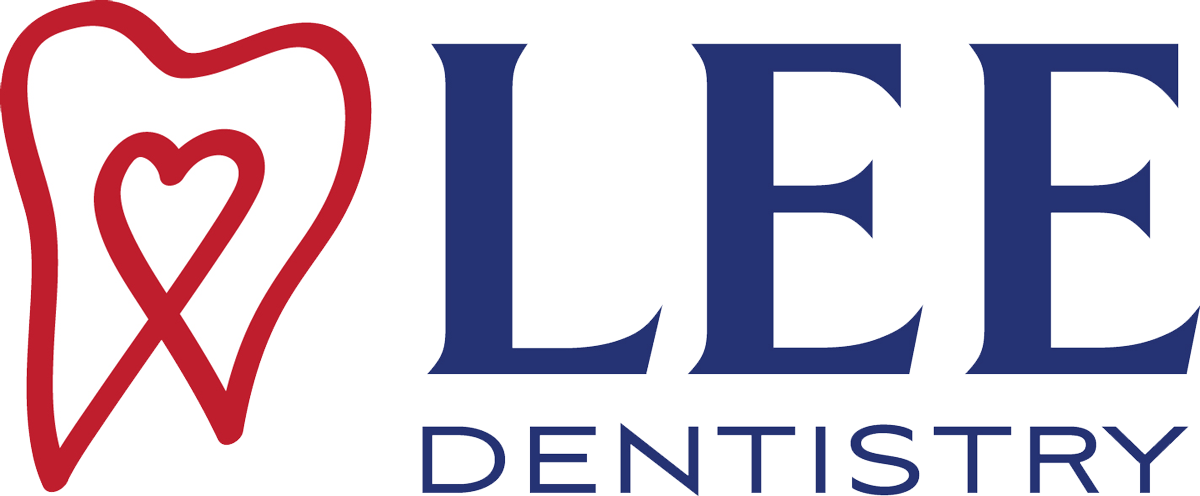



Are you deciding on getting an oral procedure done at the dentist but have a substantial amount of anxiety about what may occur? If this sounds like you, you may want to talk to your dentist about dental sedation. Dental sedation can make the process of going to the dentist’s office comfortable and anxiety-free.
Essentially, dental sedation is ideal for patients that may have a fear of the dentist (including the associated sounds and smells), for those that have sensitive teeth, an overreactive gag reflex or have a complex dental issue that may require an extensive period of time. Before undergoing a procedure at the dentist’s office, here are a few questions that you should have answered about dental sedation.
#1 – Is Dental Sedation Right for Me?
During your consultation, we will help you review your available options for dental sedation. This should take into account your age, health, the cause of your anxiety (i.e. childhood fears, past trauma), what particularly worries you about the procedure, physical discomforts, potential drug interactions and anything else that you may have in mind.
We understand the importance of professional dental care while being sensitive to your concerns. We will carefully explain how dental sedation can help you overcome these problems.
#2 – Which Type of Dental Sedation is Right for Me?
You should know that there is not just one catch-all type of dental sedation for every client. Asking your dentist/oral surgeon about which type of dental sedation they use can help you decide. For instance, some offices only offer IV sedation and nitrous oxide—for those that are afraid of needles, this can be a deal-breaker.
Other dental practices may offer other solutions, like oral sedation in pill form, where you may not feel a thing (or remember a thing, for that matter) during the operation. Additionally, the nature of your dental procedure may require general anesthesia, which requires an anesthesiologist to monitor your heart rate and life support functions while you are completely asleep.
#3 – What are the Side Effects or Risks?
It is important to understand that dental procedures have come a long way in recent years. Today's dental sedation techniques are safer and more effective than even a decade ago. However, you should still make it a priority to discuss all the possible side effects with us during a consultation.
This way, we can review your medical history and weigh the pros and cons of each method. While no medical procedure is ever 100 percent safe, you should know that dental sedation requires a close monitoring of your vital signs, especially during general anesthesia. We will review all common complications that come with each type of dental sedation during the consultation.
For instance, while nitrous oxide is the safest method of dental sedation, it can deplete your body’s level of B12. Similarly, if you have issues with healing and bruising, your dentist/oral surgeon should recommend other methods of dental sedation—or rule out your candidacy for the procedure entirely.
Request an appointment here: https://www.leedentistryoxford.com or call Lee Family and Cosmetic Dentistry at (662) 546-1143 for an appointment in our Oxford office.
Check out what others are saying about our dental services on Yelp: Sedation Dentist in Oxford, MS.
Recent Posts
Thinking sedation dentistry might be able to help you overcome dental phobias? Many people avoid going to the dental office because they experience fear, anxiety, or nervousness when going. However, what may not be understood is that this can be dangerous to oral health. Regular dental appointments are an essential part of maintaining good oral…
A general dentist is usually the primary caretaker for oral health, providing routine and preventative care. However, some choose only to schedule an appointment once they have an issue they can no longer ignore or self-treat. Either way, a general dentist has many of the services you need to obtain or maintain optimal oral health.The…
A key part of a general dentist's job is helping patients protect their teeth from damage, wear, and decay. Preventing dental problems can help patients save time, trouble, discomfort, and money. Here is a closer look at how general dentists help patients keep their teeth in good condition.General dentists may provide the following preventive services…
A trip to the dentist every six months can go a long way toward protecting your oral health. General dentists can perform an oral exam, catching any oral health issues early on. They will also remove tartar buildup during a professional teeth cleaning to preserve the teeth and gums. Explore why you should schedule an…


